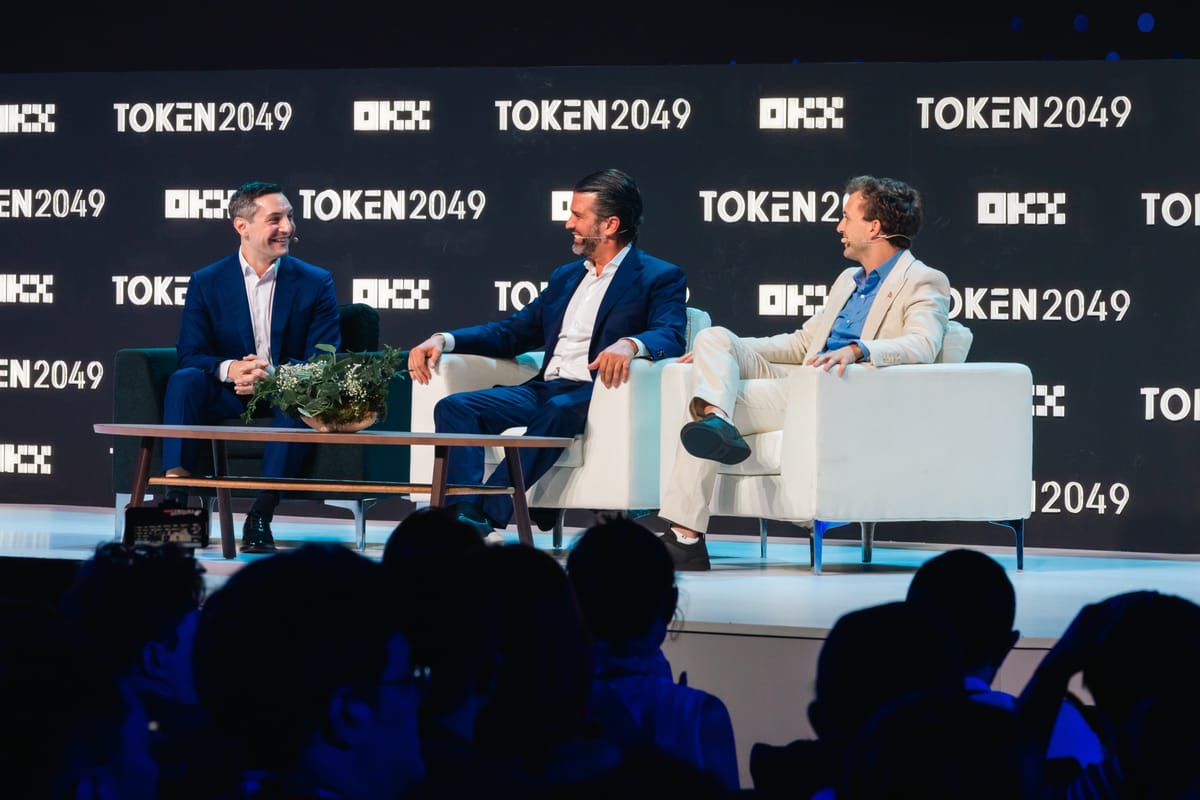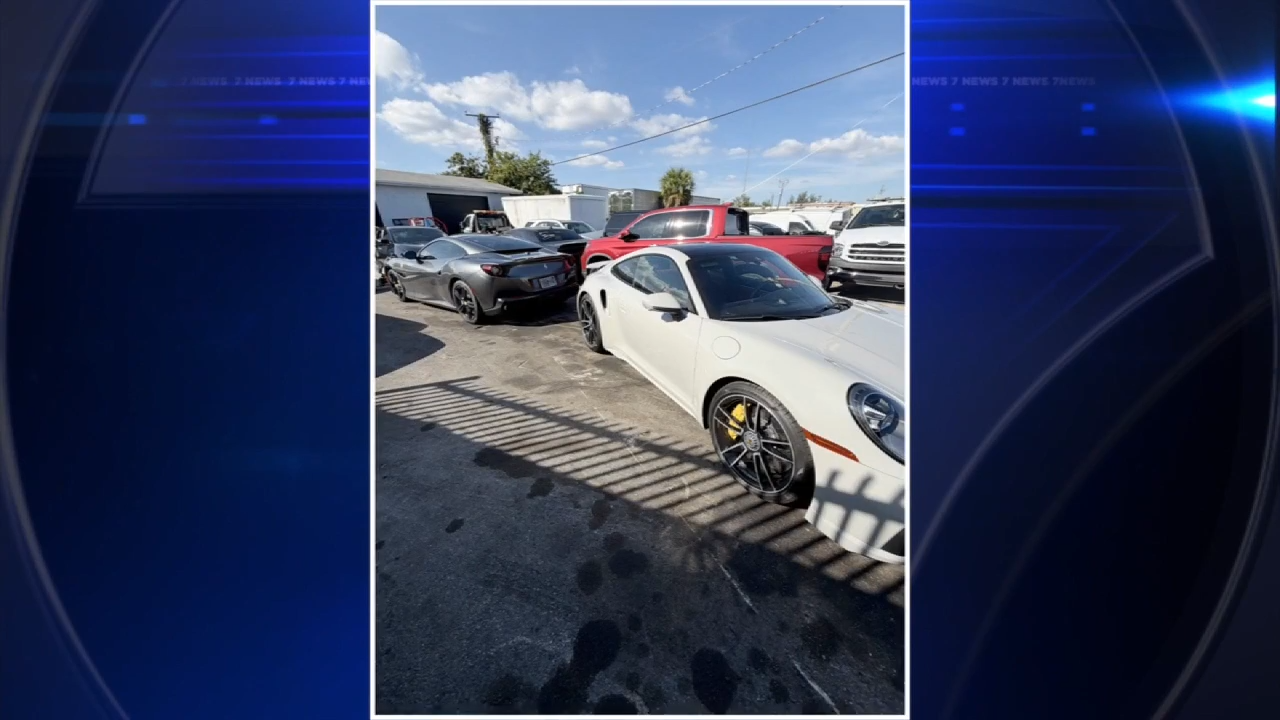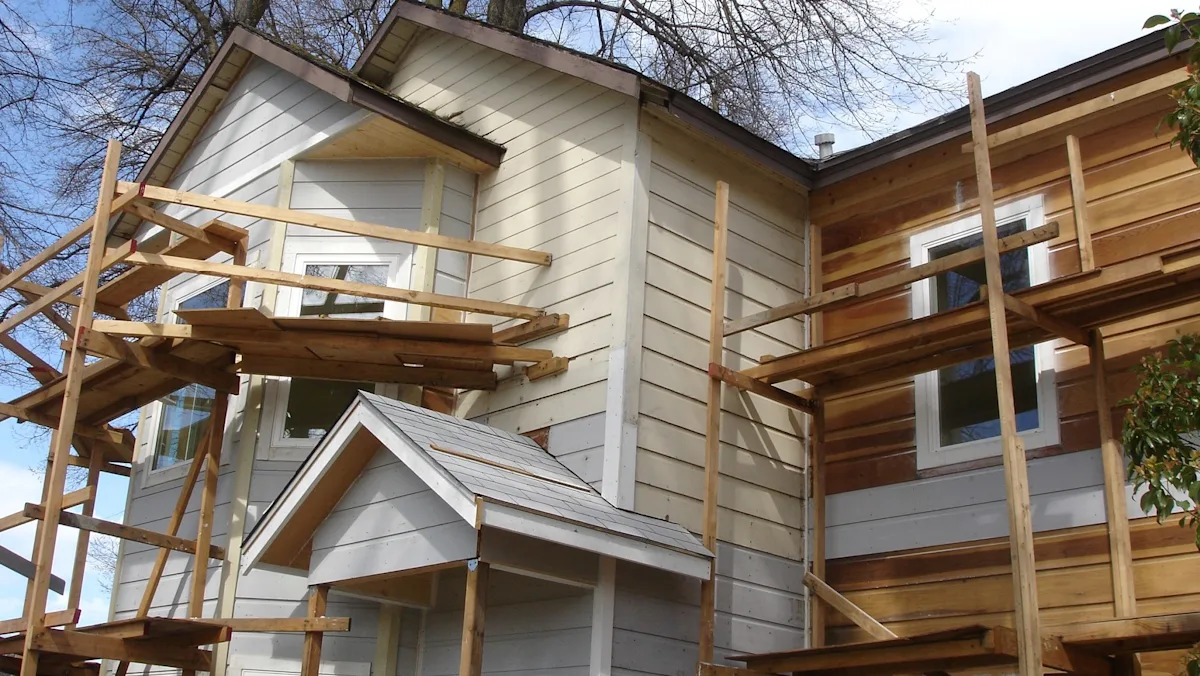Z
ach Witkoff asked a question at Token2049 in Singapore that sounded like a fantasy: “Could you buy a single token of Trump Tower Dubai?” The answer, he said, is already in motion. He and Donald Trump Jr. are pushing the Trump real‑estate empire into the blockchain, opening a market that has traditionally been the preserve of institutions and the ultra‑wealthy.
Witkoff, co‑founder of World Liberty Financial, argues that tokenization—converting ownership rights into tradable blockchain tokens—is reaching a tipping point. He believes luxury assets such as golf courses and skyscrapers can soon be traded as easily as stocks. “The Trump family owns one of the most exciting real‑estate portfolios in the world,” he told the audience. “Why can’t you invest in Class A property? Today you can only do that through a REIT or a public corporation.”
World Liberty Financial, launched last year by Witkoff and Trump Jr., is building a platform that will bring real‑estate, lending, and stable‑coin products into the tokenized economy. Its native token, WLFI, is held by ALT5 Sigma, a publicly traded treasury company chaired by Witkoff. The firm introduced a USD‑1 stablecoin in March 2025 and plans to add lending and borrowing features for token holders.
While the exact timetable for Trump‑property tokenization remains vague, Witkoff’s remarks at one of Asia’s largest blockchain conferences signal serious intent. Major financial players—BlackRock, JP Morgan, and others—are also moving from experimentation to large‑scale deployment of tokenized products.
Tokenization is no longer hype. Advances in blockchain infrastructure, growing stable‑coin adoption, and evolving global regulations have created a more favorable environment. BlackRock has begun issuing tokenized shares of its money‑market funds, and JP Morgan has built platforms to settle transactions using tokenized real‑world assets. Tokenized stocks and ETFs have also surged in popularity this year.
Analysts project the tokenized‑asset market could reach trillions of dollars in the coming years, reshaping capital flows across borders, asset classes, and investor types. Real‑estate tokenization, however, has lagged behind due to its inherent complexity. Legal frameworks, jurisdictional fragmentation, and past scams make institutions cautious. Fractional ownership of tangible property raises compliance challenges across securities law, taxation, and governance. Yet the upside is enormous: unlocking liquidity from high‑value, traditionally illiquid assets could democratize investing on a global scale.
In the months ahead, further infrastructure development, increased institutional participation, and clearer regulation are expected. Interoperability between blockchains and traditional finance will become a cornerstone of the next financial system. For Witkoff, this is more than a business opportunity. “We believe that those assets shouldn’t be reserved for an elite few,” he said. Whether it’s a Manhattan skyscraper or a Dubai golf course, the real‑estate market may soon open wide—one token at a time.














